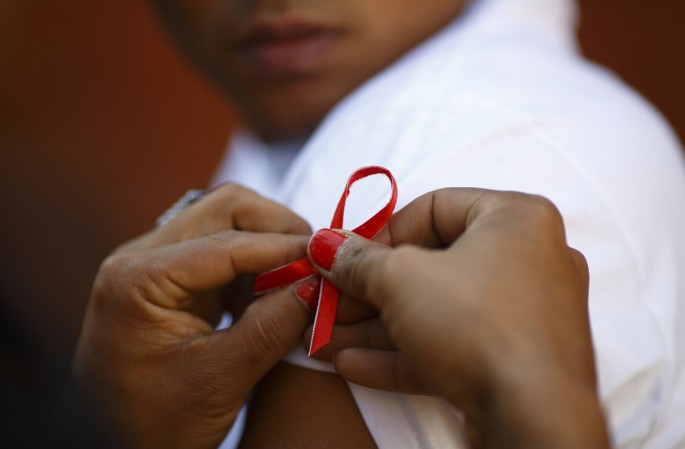Scientists have hit upon a new method of treating HIV more effectively. It's a new antibody named 3BNC117 which has been found effective in suppressing the effects of HIV virus for 28 days at a stretch on infusion of a single dose.
The new antibody has been extracted from the body of a patient that produced it as a natural response to the presence of the HIV virus. Scientists claim the antibody to be highly potent, but extremely rare with just about one percent of those infected with HIV being able to produce it, DailyMail stated.
The scientific community hailed the discovery, which they claimed is a step in the right direction towards developing a vaccine to prevent HIV. The discovery will also save those who opt for or are able to afford HIV treatment from having to take anti-retroviral drugs which otherwise need to be ingested on a daily basis.
"We were able, with the antibodies, to suppress the viral loads of viremic patients - patients that are HIV infected, but that aren't treated," says Florian Klein, an immunologist at Rockefeller University in New York and co-authored the study that got published in Nature.
Another positive aspect of the 3BNC117 antibody is that it comes with markedly less side effects. Current antiretroviral drugs are associated with various side effects, some as severe as nerve damage, reports The Verge.
However, those associated with the research has stated it's too early to come to any firm conclusion just yet as there still is a lot of research that need to be done. The scope of the research too has to be enhanced as the new antibody has been tested on a small number of HIV patients so far. The first phase of clinical trials involved 29 volunteers - 17 infected with HIV and 12 healthy individual.
"It's a work in progress to really understand what the virus is doing," said Klein.
Each of the volunteers was provided with intravenous shots of the 3BNC117 molecule in doses of 1, 3, 10 or 30 milligrams per kg of bodyweight. The eight individuals who received the highest dose reported a 300 fold decrease in the activity of HIV virus.



























